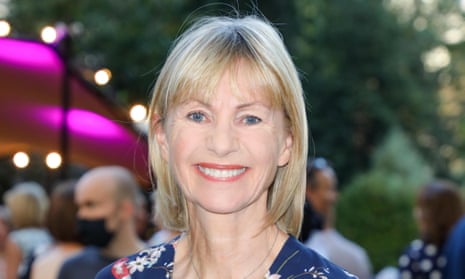After authors including Kate Mosse and Philip Pullman warned that proposals to change the UK’s copyright laws could be “devastating” for writers, the government has paused its plans.
The Intellectual Property Office launched a consultation last summer into UK copyright after Brexit. Writers and publishers had feared that if the “copyright exhaustion” rule were changed, governing when the control of a rights holder over the distribution of their property expires, it could lead to a flood of cheap international editions of books.
“Authors could lose this precious ability to sell their work abroad and be fairly paid for it,” said Pullman at the time, while Mosse added that “if we don’t ensure writers remain respected for their work, then many will be forced to leave the industry and Britain’s cultural landscape will suffer hugely.”
The government has now announced that due to a lack of available data, it has not been able to calculate the economic impact of any alternatives to the current regime, and will therefore maintain the UK’s current laws on exhaustion of intellectual property rights.
The news was welcomed by the Save Our Books campaign, organised by the Publishers Association. “We are delighted that the government has chosen to maintain the UK’s gold standard copyright regime, which our world-leading creative industries are built on, and that ministers have listened to authors, readers and the wider industry on the risks of any change,” said PA chief executive Stephen Lotinga. “I am extremely grateful to our Save Our Books campaign partners, MPs and members of the public who have worked together to make our case to government. I know everyone will be relieved that for the moment they can get back to doing what they do best – putting incredible books into the hands of readers.”
But the government also said that it “remains committed to exploring the opportunities which might come from a change to the regime”, something which the PA described as a concern.
“The evidence is clear, any weakening of our intellectual property laws would be devastating to UK creators, and we will continue to make this case to government in any future discussions of the matter,” said Lotinga.
